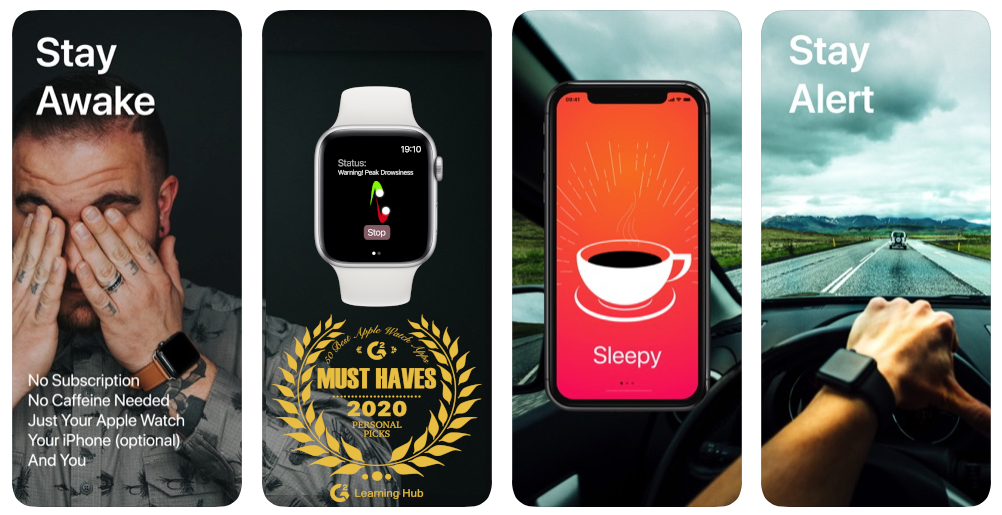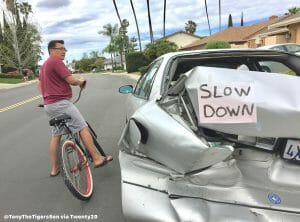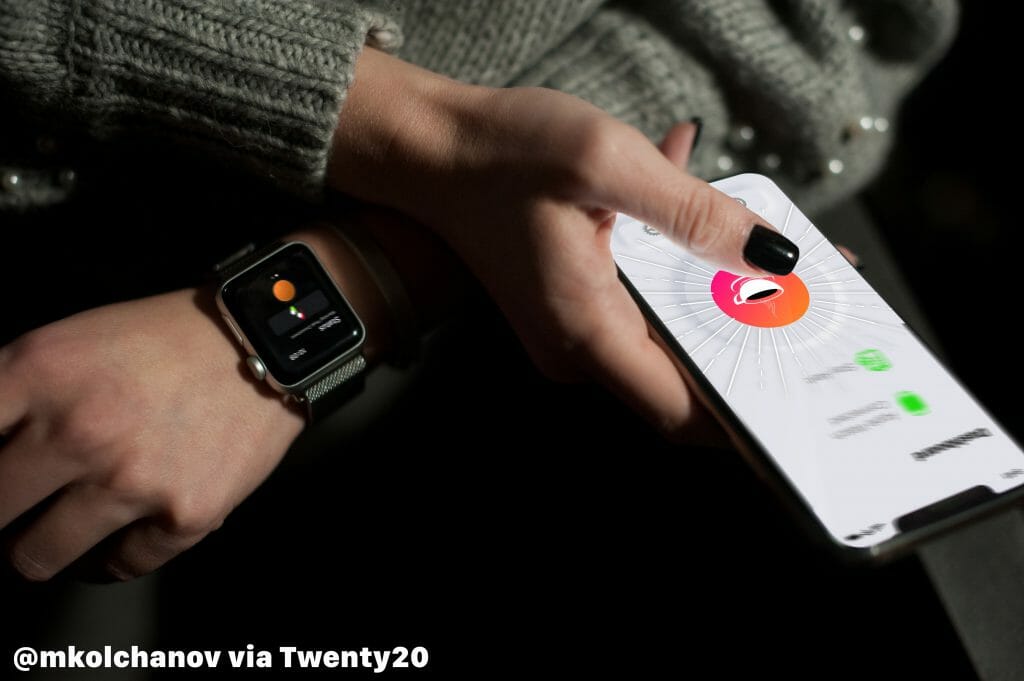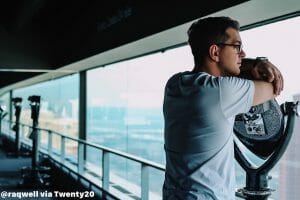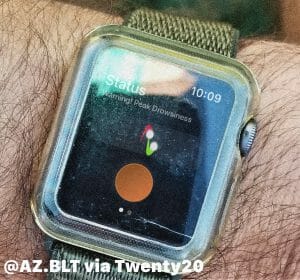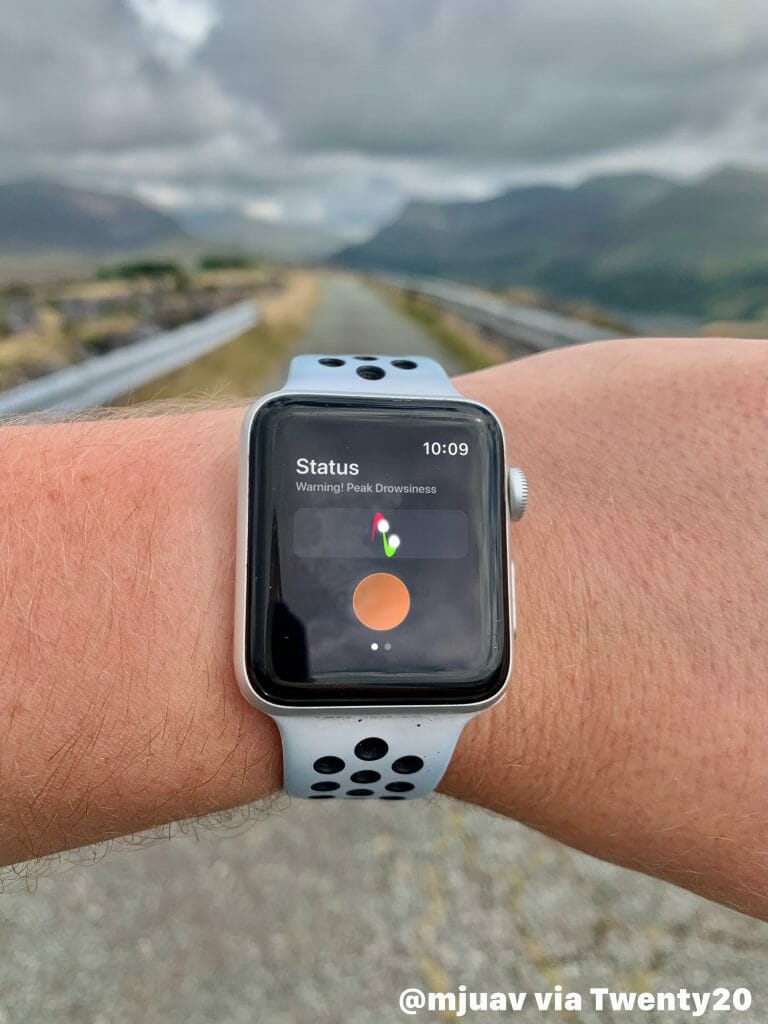Take Some Timeout And Put Your Feet Up
“Rest is not idleness”
John Lubbock, The Use of Life (1894)
Many of us are under a lot of pressure and don’t seem to have five minutes to spare to just stop and do nothing. Despite all the advances in technology we still haven’t come up with a way to remove stress from our lives.
And nor should we as stress is a natural part of life that helps us to find balance in our characters and bodies. But a lot of the stress that we experience is not necessary, and if we are not careful, can lead to a lot physiological as well as psychological harm.
One of the ways in which we can lessen this stress can be as simple as stepping away, especially before we become overly tired which can compound the problem.
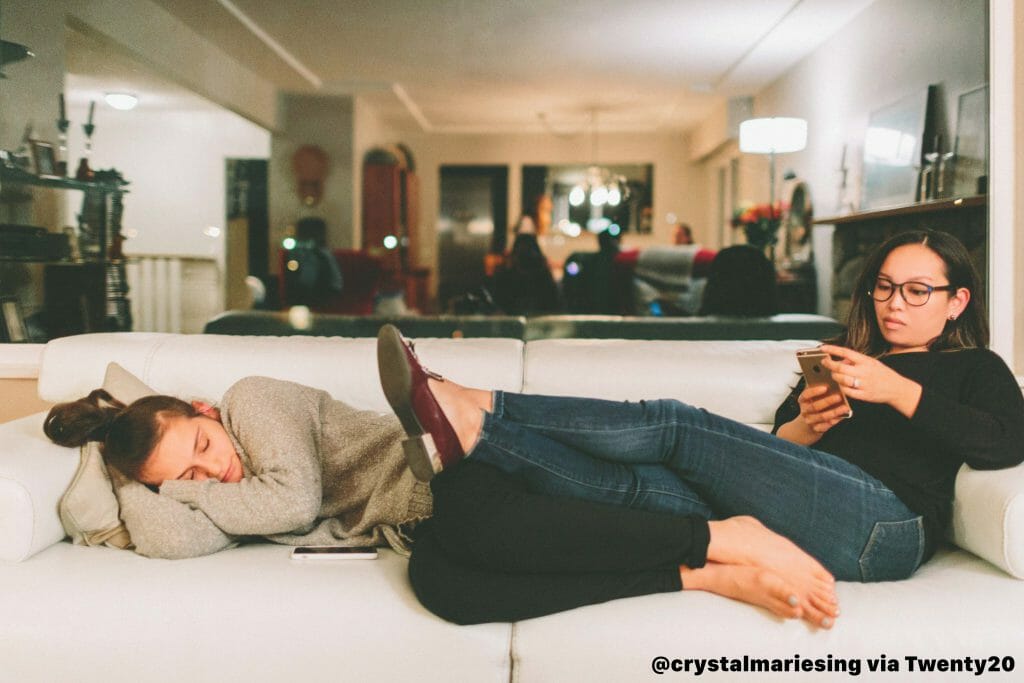
The Build Up
I find it very frustrating. Just when you think that you’ve completed a task, either something else gets added to it or the next task seems like it will take triple the effort to complete compared to the last one.
I would then proceed mumble under my breath and just get on with it, but this would have the effect of sapping my energy slowly without me noticing. As I became more worn down, it would feel like I had a great weight on my shoulders weighing me down and making all my actions feel like they were in slow motion.
Eventually, after what would feel like an age, I would get something done, but not be happy with it and would have to redo the work which made everything feel twice as bad.
Lack of Alertness, Focus and Productivity
What I’ve found in the past is that when things seem to be getting worse, with regards to work or personal items, the default response was to reach for a cup of tea or coffee (usually coffee) to pick myself up and get more alert so I could get things done.
But what I found was that after the initial caffeine backed power up, the crash would be horrible and the pick me up didn’t work as it once did; eventually making me feel much worse than what I did before.
This was due in part to my caffeine addiction which over time increased my tolerance to the effects of caffeine, which in turn made me think that I needed more!
Add to that the crash that I once experienced as a normal occurrence, was due to the withdrawal symptoms that I suffered from not having enough caffeine in my system to make me feel normal. If you’re a coffee/caffeine drinker then there’s more than a slight chance that you have experienced at least one of the following before craving you’re next caffeine fix:
- Irritability
- Headache
- Restlessness
- Insomnia
- Agitation
- Palpitations
- Tremors
- Gastrointestinal disturbances
- Anxiety
- Depression
Simple Solutions
A friend of mine gave me a study that he read about idle time and doing nothing. At first I thought he was commenting on what I do, but then realised he was commenting on how I work and go about things.
The article was calling for more research into the benefits of idle time on the minds ability to develop and learn. The basic premise is that when we day dream or our minds wander, we are actually helping our brains to function more efficiently, particularly in the relation to personal awareness and relationships.
“Further evidence from social and affective neuroscience suggests the importance of brain systems implicated in the DM (default mode) for active, internally focused psychosocial mental processing, for example, in tasks involving self-awareness and reflection, recalling personal memories, imagining the future, feeling emotions about the psychological impact of social situations on other people, and constructing moral judgments…
Studies examining individual differences in the brain’s DM (default mode – daydreaming, mind wandering, etc) find that people with stronger DM connectivity at rest score higher on measures of cognitive abilities like divergent thinking, reading comprehension, and memory“
Immordino-Yang, Mary Helen, Joanna A. Christodoulou, and Vanessa Singh. “Rest Is Not Idleness.” /Perspectives on Psychological Science/ 7.4 (2012): 352-364.
But here’s what my friend was trying to point out to me. If I’m constantly forcing myself to get things done without taking a break, (and by break he meant stepping away from all electronic devices and people for a few minutes every day), and not spending some idle time and letting my mind wander, then what kind of results would I expect in my personal and professional life.
Point taken Sir, thank you 🙂
Since that time I’ve taken what he and the study said to heart and it was part of the reason for us coming up with the V-CAF app and this blog.
Without taking the quiet time to be idle we would never of come up with the idea to start this blog and build the app. In fact , the app embodies the idea of taking quiet time away from your desk and work by notifying you when your focus is lowering and tiredness increasing. Giving you ample chance to take a break from the hubbub of the day and gather yourself so that you can be more focussed, productive and contented.
Review
So to wrap this up:
- Take regular breaks from work/study/being busy and put the devices down.
- Get up go for a walk and let your mind wander
- Stare out the window occasionally and let your thoughts carry you to where they may
- And if you’re finding it difficult to give yourself time for a break, use our app V-CAF Stay Awake Stay Alert to notify you when your tiredness is increasing, reminding you that your productivity levels are falling, so take a break.
Afterword
Health is on everyones minds at the time when I’m writing this. Use this time as an opportunity to do the things that you know you can and should do.
Take a break and let your mind wander, it may help you have better connections with yourself and others.
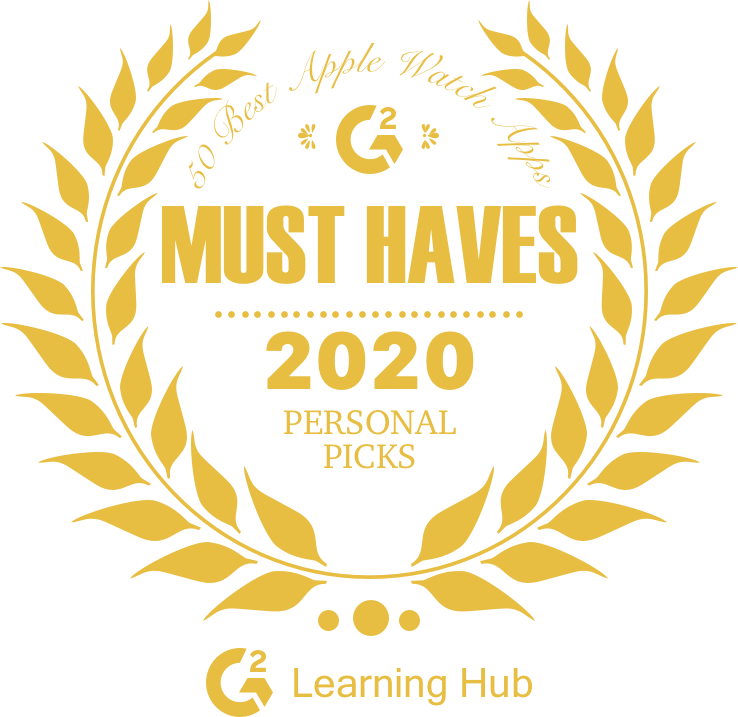
Now available on the App Store, download it now!
